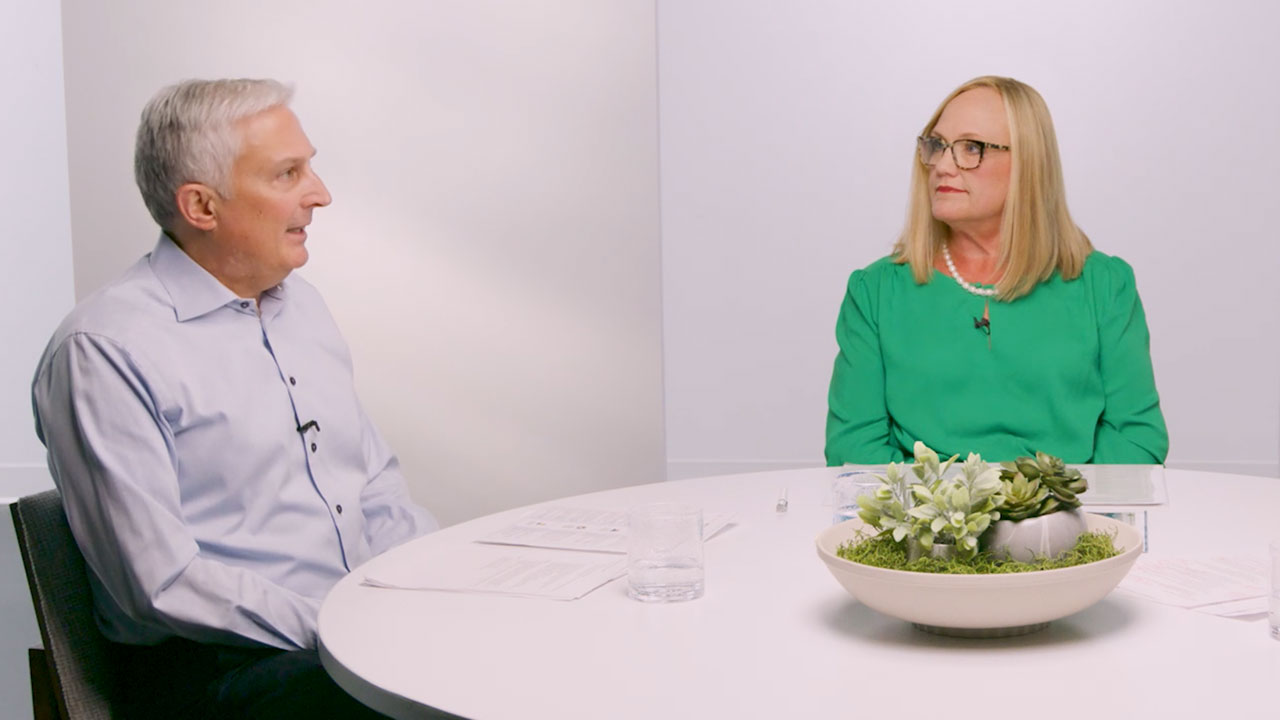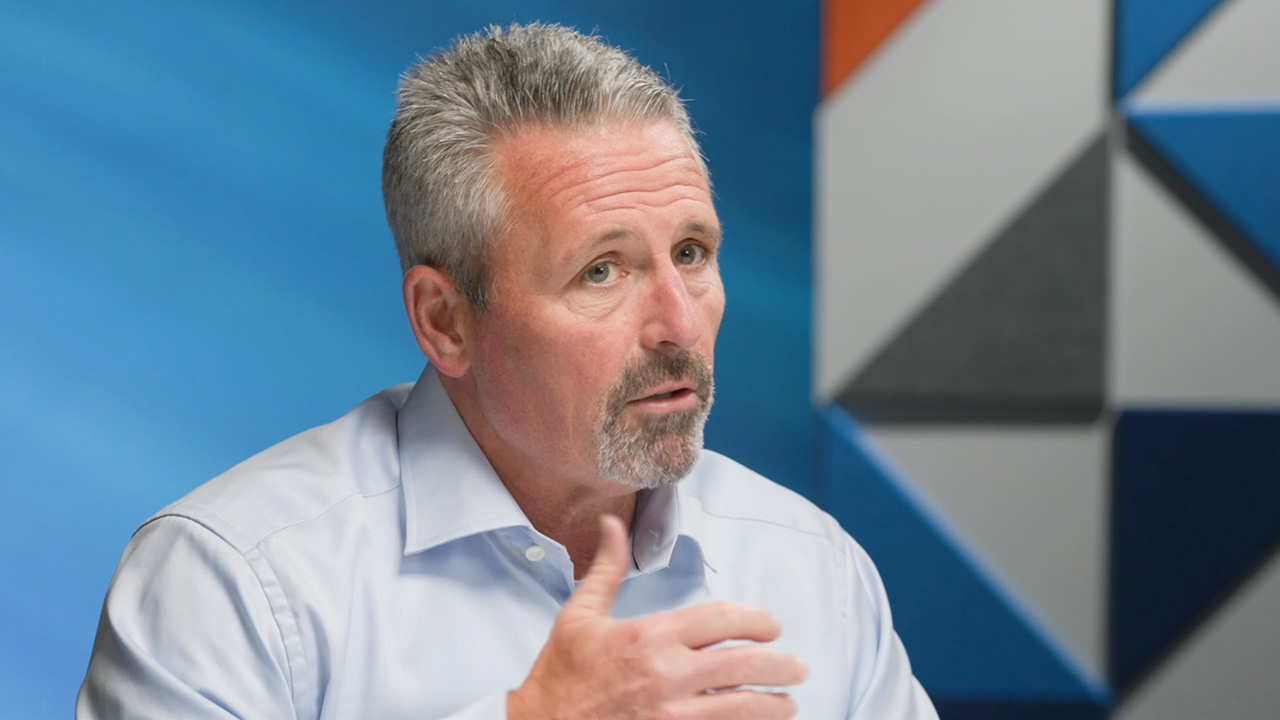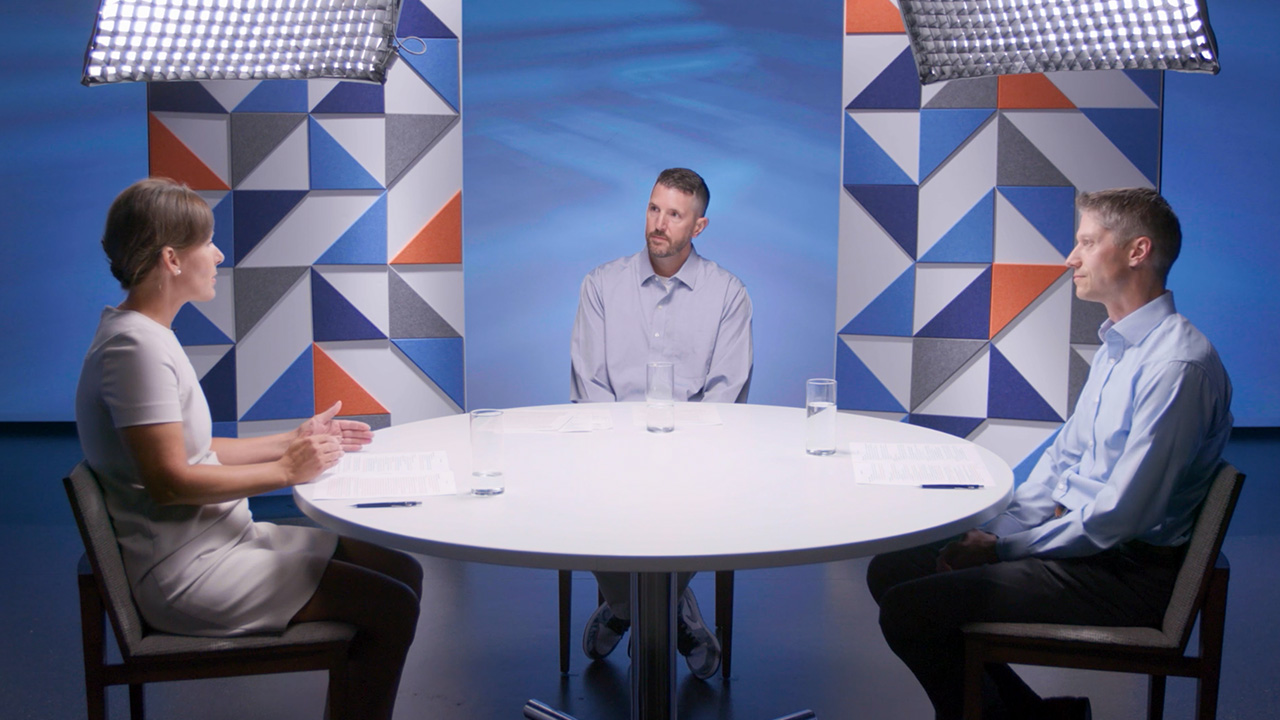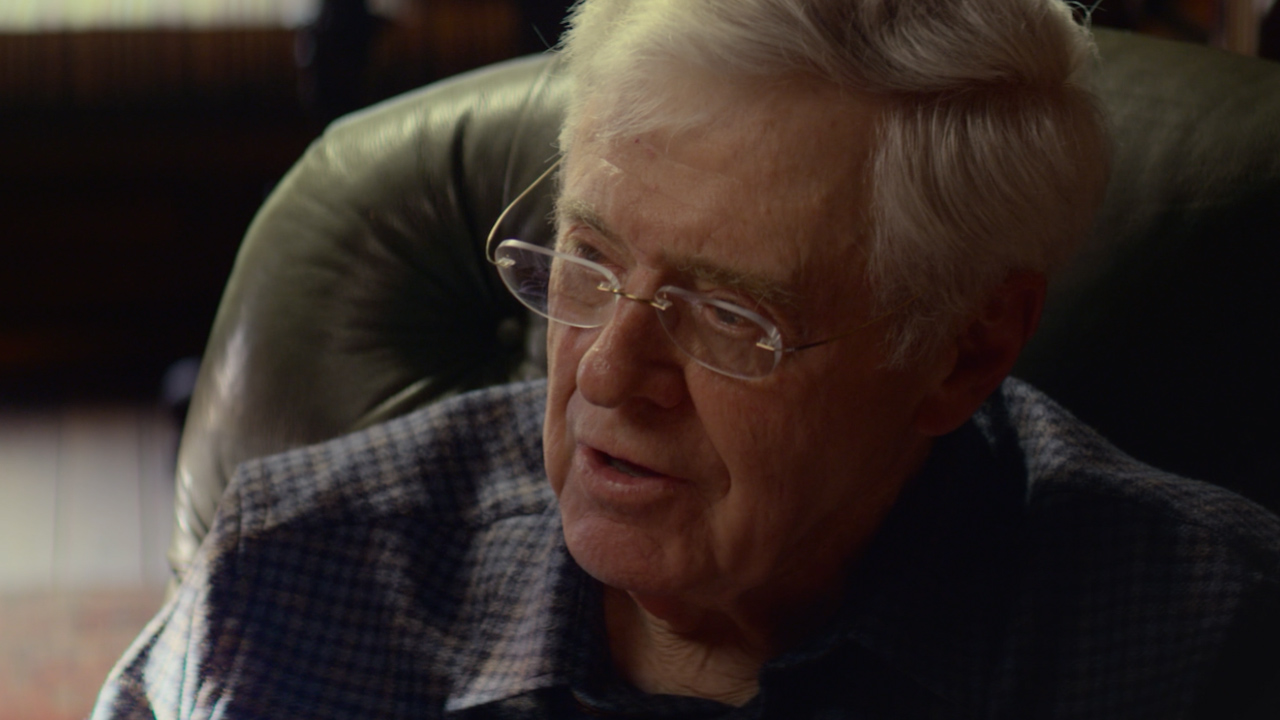Principle in Brief
Our approach to challenge utilizes Karl Popper’s view of the scientific method which he called “Science as Falsification”: After developing a theory, strive to disprove or find flaws in it, rather than trying to defend or justify it. As Popper said: “Every genuine test of a theory is an attempt to falsify it, or to refute it. It is easy to obtain confirmations, or verifications, for nearly every theory — if we look for confirmations.”
Truth is not what an expert or someone in the hierarchy declares is true. Truth is what stands the tests of evidence and criticism. To discover the truth, we encourage challenge — continual questioning and brainstorming to find a better way. Challenge is an opportunity to learn, not a chance to kill another person’s idea or show off.
A quality challenge requires having the courage and willingness to respectfully question anyone’s (especially leaders’) decisions, actions, proposals or ideas. Challengers need to participate with intellectual honesty in the spirit of constructive improvement and solutions, rather than opposing something because it was “not invented here.” They also need to make clear that they are challenging the idea, not the person.
A challenge process is essential for important decisions. This may occur at a formal meeting where people with different aptitudes and expertise — those with knowledge about the key drivers of success — discuss, brainstorm and improve outcomes. But knowledge sharing and challenge can and should also happen in informal settings, such as one-on-one discussions, casual conversations or small group meetings.
To drive creative destruction internally, nothing and no one can be immune to challenge. Supervisors at every level must help foster an open environment that invites challenge and embraces change. They can solicit challenge by asking open-ended questions such as “What are we missing here?” or “Is there a better way to do this?” or “What is possible if we fully applied our principles?”
If you find that your views are rarely challenged, perhaps you are giving the impression that challenge is not welcome. No matter your role in the company, you are obligated to actively seek knowledge and alternative points of view and to proactively share your knowledge and challenge so others can benefit. Doing so helps make challenge a normal and natural way of working, which is vital to our long-term success.
Why Do the Scientific Method and Challenge Go Together?
The Scientific Method helps us advance knowledge by overcoming the tendencies to seek confirming evidence and anchor to initial ideas. At Koch, challenge allows us to discover better ways forward by critically examining ideas for gaps, flaws and weaknesses.
Although this may seem confrontational, it's not about arguing. It's about evaluating competing ideas to identify the best ones. When approached with respect and the intent of improvement, challenge helps us gain the right knowledge to make informed decisions.
Here are examples of how seeking challenge in line with the scientific method might sound:
- Can you look over this and tell me what you think is missing?
- Play devil’s advocate for me. What’s wrong with this approach?
- Is there anything we need to re-think?
- What’s the best part of this plan? What might be the worst part of this plan?
- Can you think of a better way to do this?
Here are some examples of what offering challenge with the scientific method in mind might sound like:
- I see a potential problem with...
- I don’t understand how this works – can you tell me more?
- What happens if...
- Here’s another idea to consider...
- Are we ready if this is far less successful than we think it will be? What if it is far more successful than we expect?
Understand It Better
Videos to Explore
Examples
One part of challenge is offering ideas and asking questions. Another is reacting appropriately when others ask you questions and offer suggestions. Below are some examples that give you a sense of how important it is that we’re all good at both.
- Offering Challenge
- Accepting Challenge
Positive Example
During a shift meeting, Wyatt learns that line 7 is experiencing downtime due to conveyor issues. Wyatt recalls a similar problem from his previous job and shares the solution with the lead maintenance technician. While today's situation is somewhat different, the conversation sparks ideas that eventually lead to a fix.
Negative Example
Winona hears about line 7 issues in the shift meeting and thinks: "This sounds like the problem we had on line 2 several years ago." She decides not to say anything because she worries about losing credibility if she's wrong. Several weeks after the problem is fixed, Winona realizes she could have saved the team a lot of work by speaking up.
Positive Example
Riley is surprised but pleased when CeCe tells her about a new technology that could streamline a process Riley is upgrading. Riley takes the time to ask questions and better understand why CeCe is so excited about it. Even though Riley is supposed to finalize her recommendation to leaders in two days, she takes the time to look into CeCe's promising idea and eventually adds it to her proposal.
Negative Example
Rob is frustrated when Terrance tells him about a new technology just two days before Rob is to give his recommendation to leaders. He says to Terrance: "Why didn't you tell me about this sooner? Don't you know I have to talk to leaders Thursday?" Rob chooses to ignore Terrance's idea.
Connection to the Five Dimensions
Here is how Challenge shows up in the five dimensions:
- Knowledge Dimension — challenge (questioning and brainstorming to find a better way) helps us generate, share and apply useful knowledge.
- Virtue and Talents Dimension — challenge is an essential element of our culture as described in Our Value of Knowledge.
Give It a Try
The power of these principles happens through application. There’s no substitute for learning as you apply.
- When you’re talking about a work issue, ask a question or offer an idea.
- During a discussion, make sure you give everyone a chance to speak up — invite people who have been quiet to share their thoughts.
- Ask someone to brainstorm solutions to a problem with you.
- Instead of asking others if they agree, ask them to generate alternatives or ask them questions like, “What am I missing?”
- Work with your supervisor to identify areas where you can more proactively offer and/or invite challenge.
- How does our team tend to react when someone offers a really different idea/suggestion? What can we do to make it easier to offer ideas?
- When have we moved too fast and didn’t take the time to challenge? What should we do to avoid this in the future?
- When have we called something challenge, but it wasn’t done in the spirit of finding a better way? What might have happened if we approached things differently?
- What are some things we can do as a group to engage in challenge more effectively?



/Investing Time and Leading by Example - Unscripted (Mandarin)_thumbnail.jpg)



SHARE: